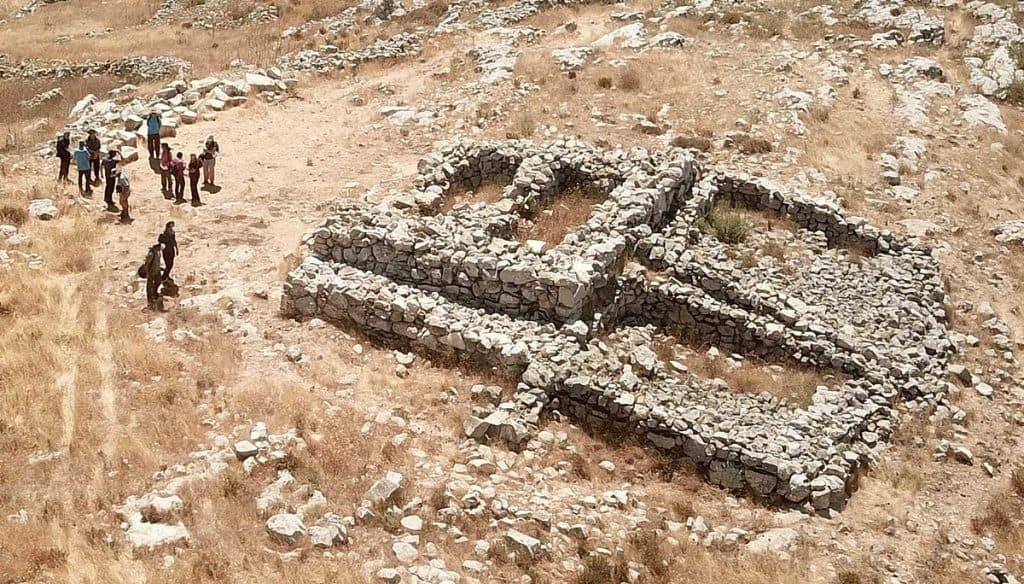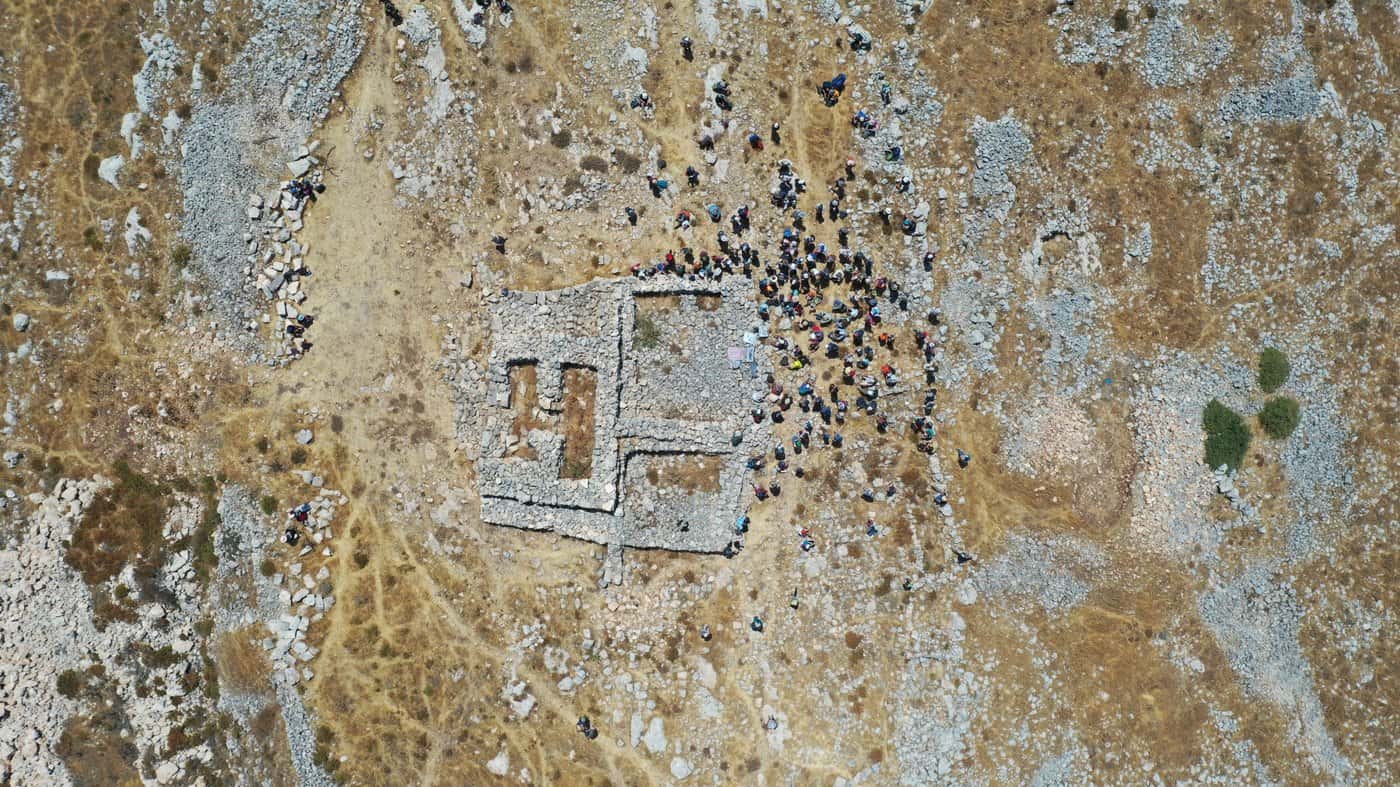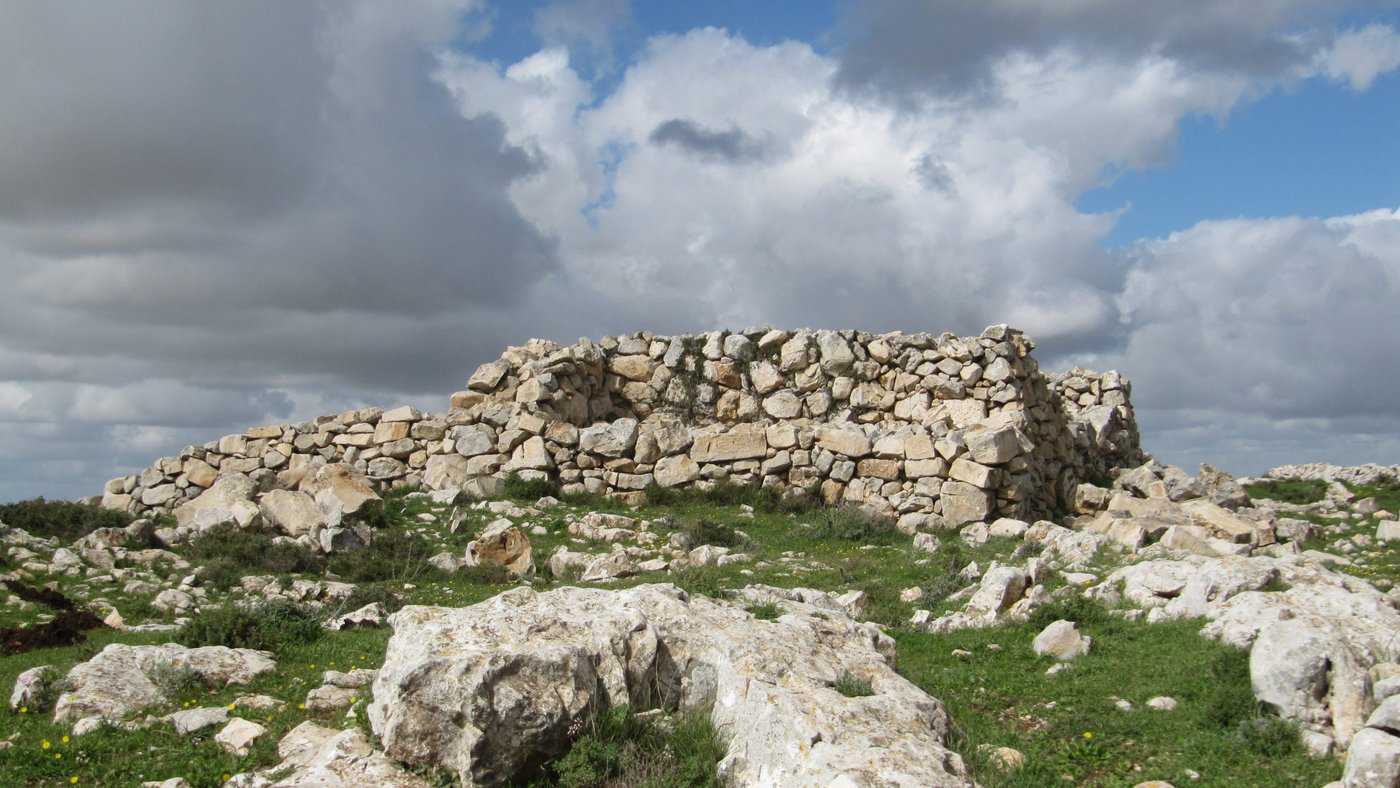Mount Ebal, located in the West Bank near the modern city of Nablus (biblical Shechem), is a significant historical and biblical site associated with Joshua’s Altar. So, this site holds profound religious and historical importance for Jews and Christians alike.
Samaria Day Tour
Joshua’s Altar: A Biblical Connection
In the Hebrew Bible, particularly in the Book of Joshua (Joshua 8:30-35), there is an account of Joshua, the successor of Moses, constructing an altar on Mount Ebal as part of the Israelites’ entry into the Promised Land. According to the biblical narrative, Joshua erected this altar as an offering to the Lord and as a place for the Israelites to worship and renew their covenant with God.
Samaria Ultimate Guide

Credit: Zstadler Via Wikipedia, CC BY-SA 4.0
The Blessings and Curses Ceremony:
Furthermore, Mount Ebal also plays a prominent role in the Bible during the ceremony known as the Blessings and Curses ceremony (Deuteronomy 27). In this event, after the Israelites crossed the Jordan River into the Promised Land, half of the tribes stood on Mount Ebal and the other half on Mount Gerizim. At the same time, blessings and curses associated with the covenant were recited.
Let's Tour Mount Gerizim
Archaeological Discoveries:
In modern times, archaeological excavations in the area have uncovered remains that are believed to be the site of Joshua’s Altar. Furthermore, these discoveries include stone structures and ritual artifacts dating back to biblical times, providing physical evidence of the historical and religious significance of the location.

Religious Significance:
So, for Jews and Christians, Mount Ebal and the associated biblical events hold profound spiritual significance. The site is a link to the biblical past and a reminder of the covenant between God and the Israelites.

Modern Visits:
Today, Mount Ebal is a destination for religious pilgrims and tourists interested in biblical history. Furthermore, visitors can explore the archaeological site, take in the breathtaking views of the surrounding landscape, and reflect on this ancient location’s religious and historical significance.
In summary, Mount Ebal and Joshua’s Altar are significant landmarks in biblical history, representing the Israelites’ entry into the Promised Land and their renewal of their covenant with God. Lastly, the site continues to be a place of reverence and historical exploration for those interested in the region’s religious heritage.

